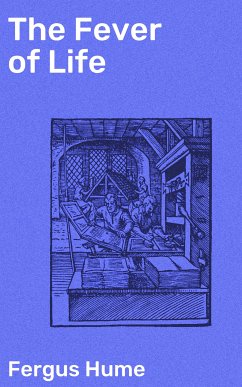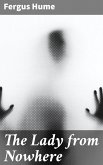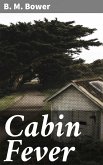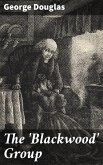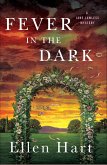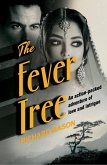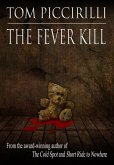In "The Fever of Life," Fergus Hume delves into the intricate interplay between human emotions and existential crises through a gripping narrative that intertwines elements of romance, mystery, and psychological depth. The literary style is characterized by Hume's adept use of vivid imagery and dramatic tension, reflecting the late Victorian preoccupation with the darker aspects of human experience. As a response to the rapidly changing society of the time, the novel resonates with themes of passion, despair, and the quest for meaning amidst chaos, capturing a sense of urgency reflective of its title. Fergus Hume was an influential figure in late 19th-century literature, best known for his detective fiction, which paved the way for the genre's development. Born in England and later moving to Australia, Hume was exposed to diverse cultural influences and social dynamics, which profoundly impacted his storytelling. His experiences with the complexities of urban life and the human condition inform the emotional weight and thematic richness found in "The Fever of Life," showcasing Hume's versatility as a writer beyond mere genre conventions. This novel is highly recommended for readers interested in exploring the depths of human experience through a classic lens, offering a thought-provoking narrative that challenges societal norms and personal ambition. Hume's masterful storytelling will leave readers contemplating the profound nature of desire and the human spirit long after the last page is turned.
Dieser Download kann aus rechtlichen Gründen nur mit Rechnungsadresse in A, B, BG, CY, CZ, D, DK, EW, E, FIN, F, GR, H, IRL, I, LT, L, LR, M, NL, PL, P, R, S, SLO, SK ausgeliefert werden.
Hinweis: Dieser Artikel kann nur an eine deutsche Lieferadresse ausgeliefert werden.

